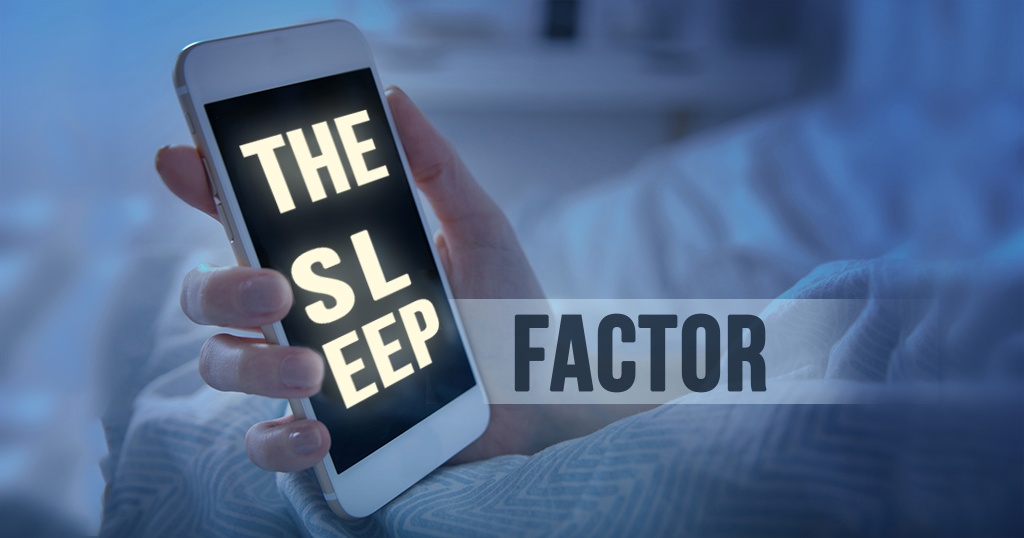By Matthew Dancigers, PT, DPT
Physical Therapist / Clinic Director, Granby Clinic, Norfolk VA
Getting rest, or more importantly, getting good sleep, is vital to many aspects of life. As we sleep the brain is “washed” with valuable fluid, clearing away the waste products of a busy thinking day. Dr. Maiken Nedergaard, Professor of Neurosurgery at the University of Rochester, coins the phrase: “It’s like a dishwasher.” Sleep affects the brain’s ability to “wash away” toxins that may have accumulated as we use our mind throughout the day.
Now, How Does this Help You?
Well, let’s think about that pain you may be experiencing now. A lack of sleep can change how you perceive and feel that pain. We use the term “modulate” your pain. When envisioning modulating pain, think of turning the volume up and down. Just like how you can control the volume, the severity of pain can be adjusted.
To give an example of how this pain can vary, let’s say some children are playing in a sandbox with friends. One of the children bumps his knee, but he gets right back up and keeps playing. He just had a nap earlier, so bumping his knee didn’t feel like a big deal. Now, imagine that this child has not had a nap today and then bumps his knee. What happens? You’ve probably guessed it. The tired child cries, gets upset and throws a fit.
In both scenarios, the same exact thing happened to the knee. When the knee was bumped, fast pressure was applied to the skin, muscle, bone. However, in one case the child had a good amount of sleep, so he was able to handle that stimulus and move on. When the child was sleep-deprived, however, all that stimulus was too much for him. He could not handle the pain, causing him to break down emotionally.
We have the same biology and tendencies (although certainly more advanced in self-control than a toddler), but it is clear that lack of sleep prepares us to be less capable of handling day-to-day situations.
Pain might be keeping you up at night. Sometimes this pain can stop us from finding a better sleep position, or might even wake us up when we rollover. It’s a difficult cycle. It hurts, so it’s difficult to sleep. You don’t sleep well, so the pain is more difficult to bear. This cycle goes on and on…
Remember that the rest, recovery, getting sleep, and running the “dishwasher” are important parts of daily life and rehab from an injury. Do what you can to modify your day to set yourself up to get the best sleep you can.
What Should You Do?
When trying to get your best night’s rest, first explore different body positions for optimal comfort. Some people might feel better sleeping on their backs, while others might prefer to sleep on their side. Then make sure to establish a routine that involves calming rituals. This might include turning down lights, reading, avoiding electronic devices, removing distractions, meditating, making a list for the next day to clear your mind, and other mindful activities.
Sleep can be the ultimate reset button. Nothing quite turns despair into optimism like a good night’s sleep. Working with your Physical Therapist may be able to help improve this aspect of life. If you’re suffering from pain, please feel free to request an appointment, and we’ll get in touch with you to talk about how physical therapy can help.






